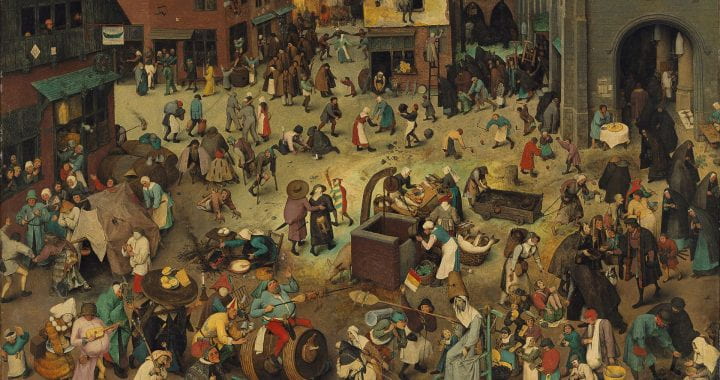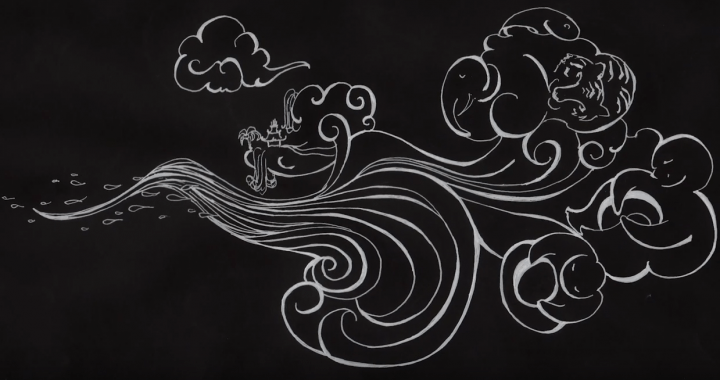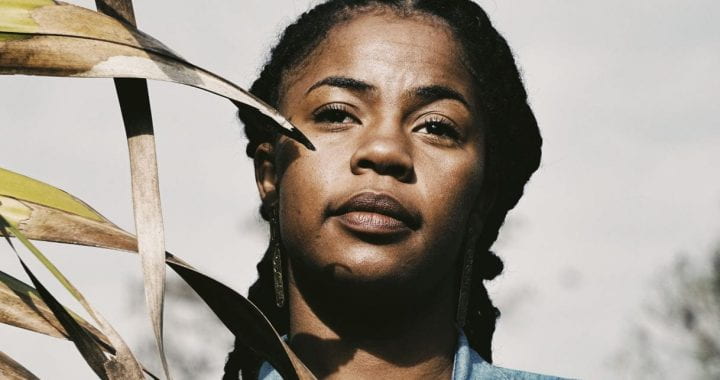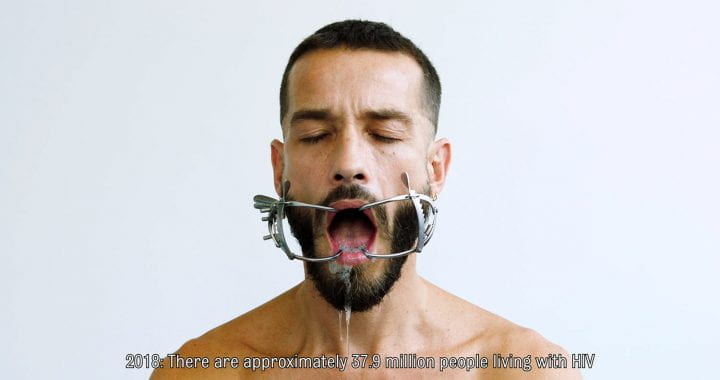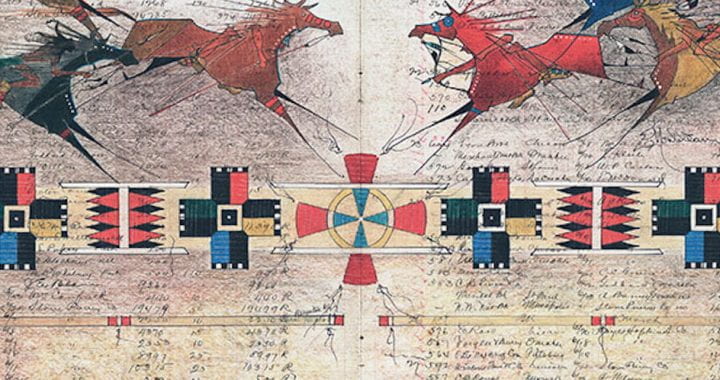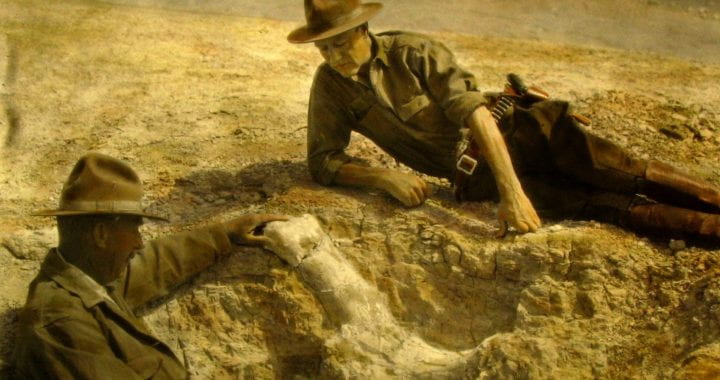In We The Enemy, Carlos Motta will present a series of recent and past works, including those exhibited at the Mary Porter Sesnon Gallery. Motta’s work documents the social conditions and political struggles of sexual, gender, and ethnic minority communities in order to challenge dominant and normative discourses through visibility and self-representation. As a historian of untold narratives and an archivist of repressed histories, Motta is committed to in-depth research on the struggles of post-colonial subjects and societies. His work manifests in a variety of mediums including video, installation, sculpture, drawing, web-based projects, performance, and symposia.
Carlos Motta (b. 1978) was born in Bogotá, Colombia and lives and works in New York City. Motta has been the subject of survey exhibitions including at the Museo de Arte Moderno de Medellín, Colombia, Matucana 100, Santiago, Chile, and Röda Sten Konsthall, Göteborg, Sweden. His work is in the permanent collections of the The Metropolitan Museum of Art, New York; The Museum of Modern Art, New York; Guggenheim Museum, New York; Museo Nacional Centro de Arte Reina Sofia, Madrid; Museo de Arte Contemporaneo de Barcelona; and Museo de Arte de Banco de la República, Bogotá, among others.His solo exhibitions include Galeria Vermelho, São Paulo (2019); Stedelijk Museum, Amsterdam (2017); Pérez Art Museum, Miami (2016); Museo de Arte Latinoamericano de Buenos Aires (2016); PinchukArtCentre, Kiev (2015); Sala de Arte Público Siqueiros, Mexico City (2013); New Museum, New York (2012); MoMA PS1, New York (2009); and Institute of Contemporary Art, Philadelphia (2009). Motta participated in 32 Bienal de São Paulo (2016); X Gwangju Biennale (2014); and X Lyon Biennale (2010). His films have been screened at the Rotterdam Film Festival (2016, 2010); Toronto International Film Festival (2013); and Internationale Kurzfilmtage Winterthur (2016); among others. Motta has been awarded the Vilcek Foundation’s Prize for Creative Promise (2017); the PinchukArtCentre’s Future Generation Art Prize (2014); and a Guggenheim Fellowship (2008).
Date/Time
January 22, 2020 | 12:00 PM
Free and open to the public
Venue/Location
Humanities Building 1, Room 210
University of California, Santa Cruz

